
Template Pesan WhatsApp: Panduan Praktis dengan 13 Contoh
Bisnis tidak dapat mengirim pesan WhatsApp setelah 24 jam kecuali mereka menggunakan Templat Pesan WhatsApp. Pelajari cara memformat dan mengirim pesan templat beserta contohnya.
![3 Aplikasi Obrolan Tiongkok Teratas [Januari 2024]](https://assets2-proxy.respond.io/ph8r57dk1q9w/XQP6EnvVTBETjEpOqDSD2/85e3507f51ceaf86fd326c44b97928a2/PR-Top3ChineseApps_200b13a4a45c114ac7c823bb25d27fac.png?q=70&fm=avif)
Email, Facebook Messenger, dan Whatsapp mungkin merupakan bentuk komunikasi utama yang kita semua gunakan di barat. Namun di Cina, Tembok Api Besar telah memungkinkan berkembangnya aplikasi obrolan Cina yang khas. Meskipun pasar Chinese Messenger telah tidak aktif selama beberapa waktu. Pesaing baru telah diluncurkan yang mungkin saja dapat mengubah lanskap aplikasi perpesanan China. Dalam artikel ini kami akan membahas:
Lanskap Aplikasi Messenger China dimulai dengan pendiri Tencent, Pony Ma. Pada akhir tahun 90-an, Pony Ma pertama kali menemukan salah satu aplikasi pengiriman pesan paling awal di internet, ICQ, yang dibuat oleh perusahaan Israel pada tahun 1996. Meski populer di seluruh dunia, layanan ini hanya memiliki sedikit atau tidak ada layanan obrolan berbahasa Mandarin atau kehadiran di Tiongkok.
Ma dan timnya yang bermarkas di Shenzhen segera menyadari potensi peluncuran aplikasi obrolan berbahasa Mandarin. Pada tahun 1999 Pony Ma meluncurkan OICQ (Open ICQ). Setelah pertarungan hukum dengan AOL, layanan tersebut akhirnya berkembang menjadi Tencent QQ, aplikasi pengirim pesan instan China pertama yang menjadi layanan umum.
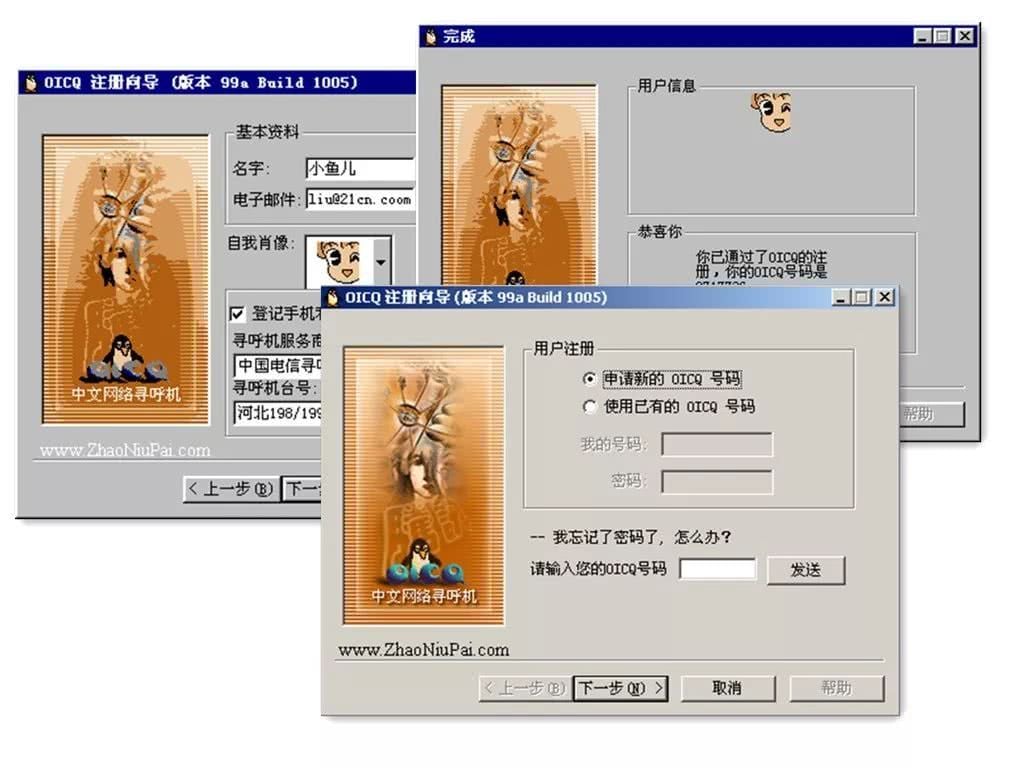
Ini menjadi bentuk komunikasi utama di Tiongkok hingga diluncurkannya WeChat pada tahun 2011. WeChat sekarang mendominasi ruang aplikasi messenger China, dengan tingkat penetrasi lebih dari 90% dan lebih dari 1 miliar pengguna aktif bulanan.
WeChat telah menjadi kekuatan besar di China, digunakan untuk segala hal mulai dari komunikasi bisnis hingga memanggil taksi. Meskipun penantang telah muncul selama bertahun-tahun, hanya sedikit yang mampu merebut pangsa pasar signifikan dari WeChat.
Sementara WeChat dan Tencent QQ merupakan aplikasi andalan di Tiongkok, Aplikasi Obrolan Tiongkok baru telah muncul tahun lalu dengan harapan dapat mengambil sedikit pangsa pasar dari kedua platform dominan ini.
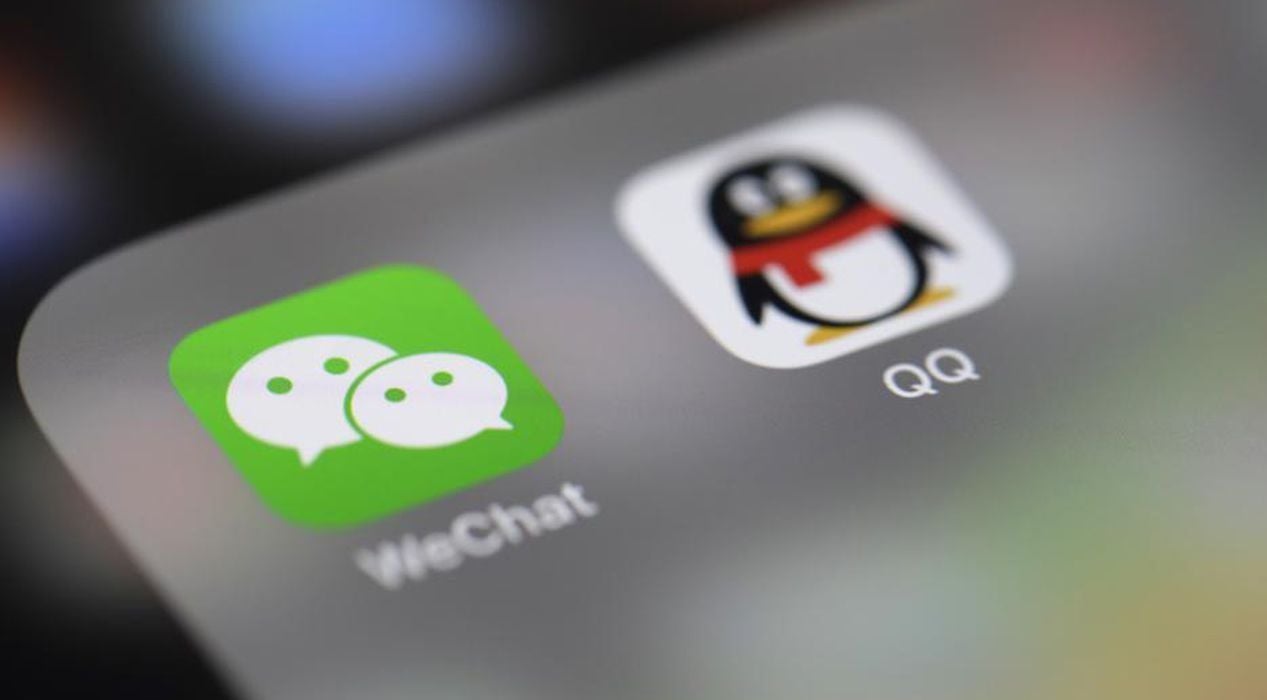
Dalam artikel ini, saya akan membahas dua aplikasi perpesanan dominan di Tiongkok ini serta para penantang yang berharap untuk mengklaim posisi #3 di Tiongkok.
Apa aplikasi pengirim pesan terkemuka di Cina? Saya yakin jika Anda sedikit saja tertarik dengan China, Anda pasti pernah mendengar WeChat. WeChat sering disebut sebagai “Internet Cina”, karena hampir apa pun yang Anda lakukan di web dapat Anda lakukan juga di WeChat.

Dengan melonjaknya popularitas Program Mini WeChat akhir-akhir ini, aplikasi yang terdapat dalam ekosistem WeChat, WeChat lebih dari sekadar aplikasi obrolan Cina. Pengguna dapat memesan taksi, membuat reservasi hotel, mendengarkan musik, membaca konten, bermain game, mengirim uang, membeli tiket kereta api, memesan tiket film, dan bahkan mengajukan pinjaman!
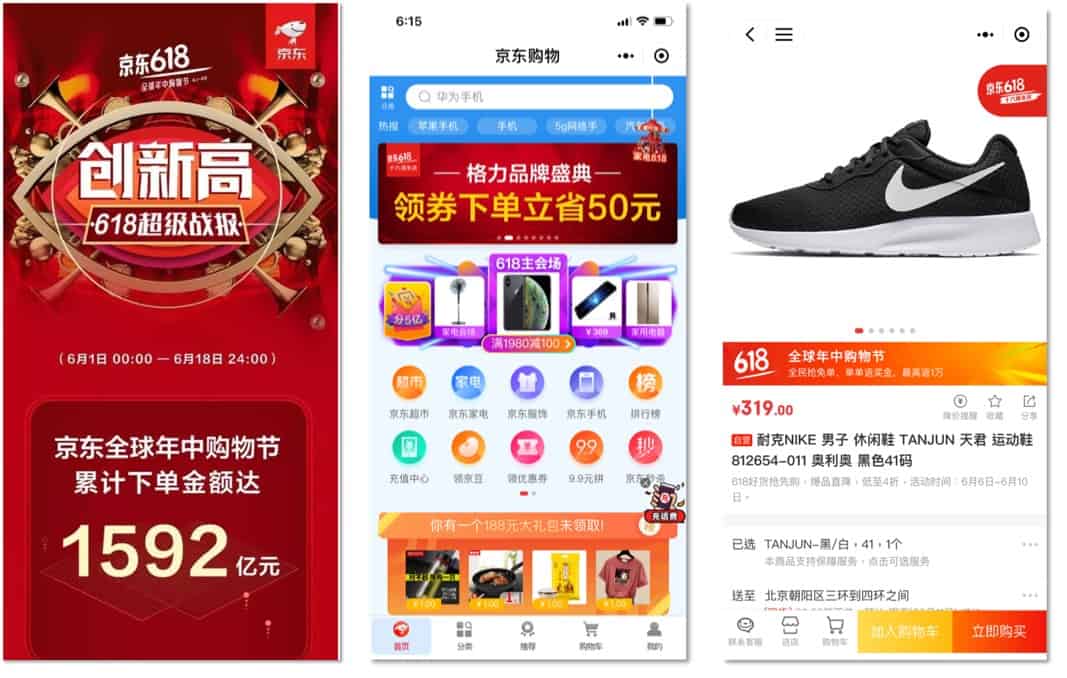
Selain semua fitur ini, WeChat juga merupakan aplikasi pengirim pesan instan China yang paling populer di tempat kerja. Hal ini disebabkan oleh tingkat penetrasi email yang sangat rendah di China, yang hanya tercatat sebesar 36,7% pada laporan terakhir pada tahun 2017. Meskipun E-mail masih digunakan di tempat kerja, WeChat merupakan kebutuhan mutlak untuk menjalankan bisnis di China.
Komunikasi bisnis eksternal dan internal umumnya dilakukan melalui WeChat. Sebagai platform media sosial nomor 1 sekaligus aplikasi obrolan Cina nomor 1, aplikasi ini juga banyak digunakan oleh para pemasar di seluruh negeri.
Tidak seperti WhatsApp Marketingyang masih dalam tahap awal, seluruh industri pemasaran telah bermunculan di sekitar aplikasi perpesanan asal China ini. WeChat sering disebut sebagai Facebook Cina dan strategi pemasaran WeChat telah melampaui penempatan produk KOL (Influencer).
Hal ini mengakibatkan perlunya WeChat CRM dan platform Otomatisasi untuk melacak percakapan, mengoptimalkan proses, dan menciptakan pengalaman yang dipersonalisasi bagi pengguna di platform.
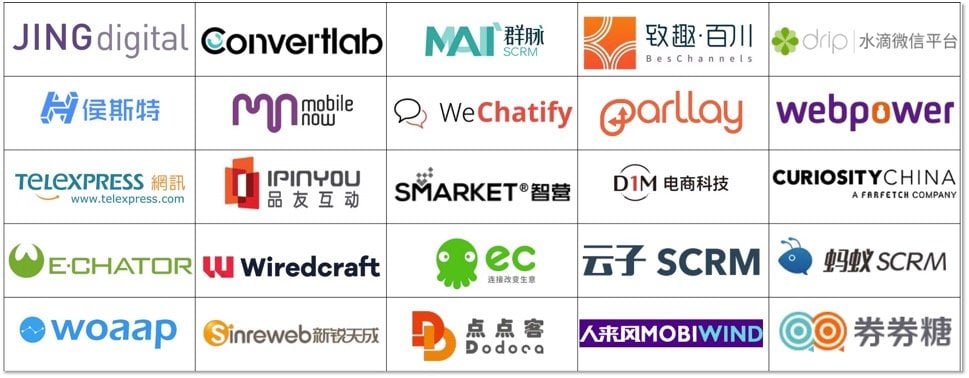
Walau semua fitur ini menjadikan WeChat sebagai aplikasi obrolan Cina nomor 1, ada beberapa kelemahan yang dapat dimanfaatkan oleh calon penantang.
Karena WeChat ada di mana-mana di China, mungkin sulit untuk menghindarinya. Pekerja Tiongkok mengeluhkan adanya supervisor yang memantau aktivitas WeChat mereka.
Awal tahun ini, satu kota di Cina mencoba melarang komunikasi WeChat setelah jam kerja untuk menjaga keseimbangan kehidupan dan pekerjaan. Pada tahun 2018, seorang karyawan melaporkan bahwa ia telah dipecat karena ia gagal membagikan konten yang diposting oleh Akun Resmi WeChat perusahaan di umpan berita pribadinya.
Kelemahan kedua adalah sesuatu yang juga telah terjadi pada beberapa platform media sosial terkemuka di Barat, yakni semakin menurunnya minat dari pengguna yang lebih muda. Pengguna lama di Tiongkok sudah mulai menggunakan WeChat dan hal ini menyebabkan pengguna muda beralih ke platform yang lebih “keren” seperti Douyin (Tik Tok).

Kelemahan ini menyebabkan munculnya aplikasi obrolan China di awal tahun 2019. Walaupun aplikasi ini bertujuan menyasar kelemahan WeChat, sangat kecil kemungkinannya mereka dapat menggantikan posisi WeChat sebagai aplikasi obrolan Cina nomor 1.
QQ besutan Tencent merupakan aplikasi obrolan China pertama yang menjadi populer. Ini adalah aplikasi pengiriman pesan Cina nomor 1 sebelum peluncuran WeChat.

Sementara WeChat telah mengambil alih dan menjadi pemimpin pasar, QQ masih merupakan platform perpesanan yang populer di China. Aplikasi perpesanan asal Tiongkok ini tetap populer di kalangan pengguna yang lebih muda, yang merasa aman dari pengawasan orang tua mereka saat menggunakan platform tersebut.
Salah satu keuntungan potensial dari QQ adalah bahwa Anda tidak perlu nomor telepon untuk mendaftar. Ini membuat sangat mudah bagi orang-orang yang sangat muda untuk memulai dengan aplikasi messenger Tiongkok pertama mereka meskipun mereka belum memiliki paket ponsel.
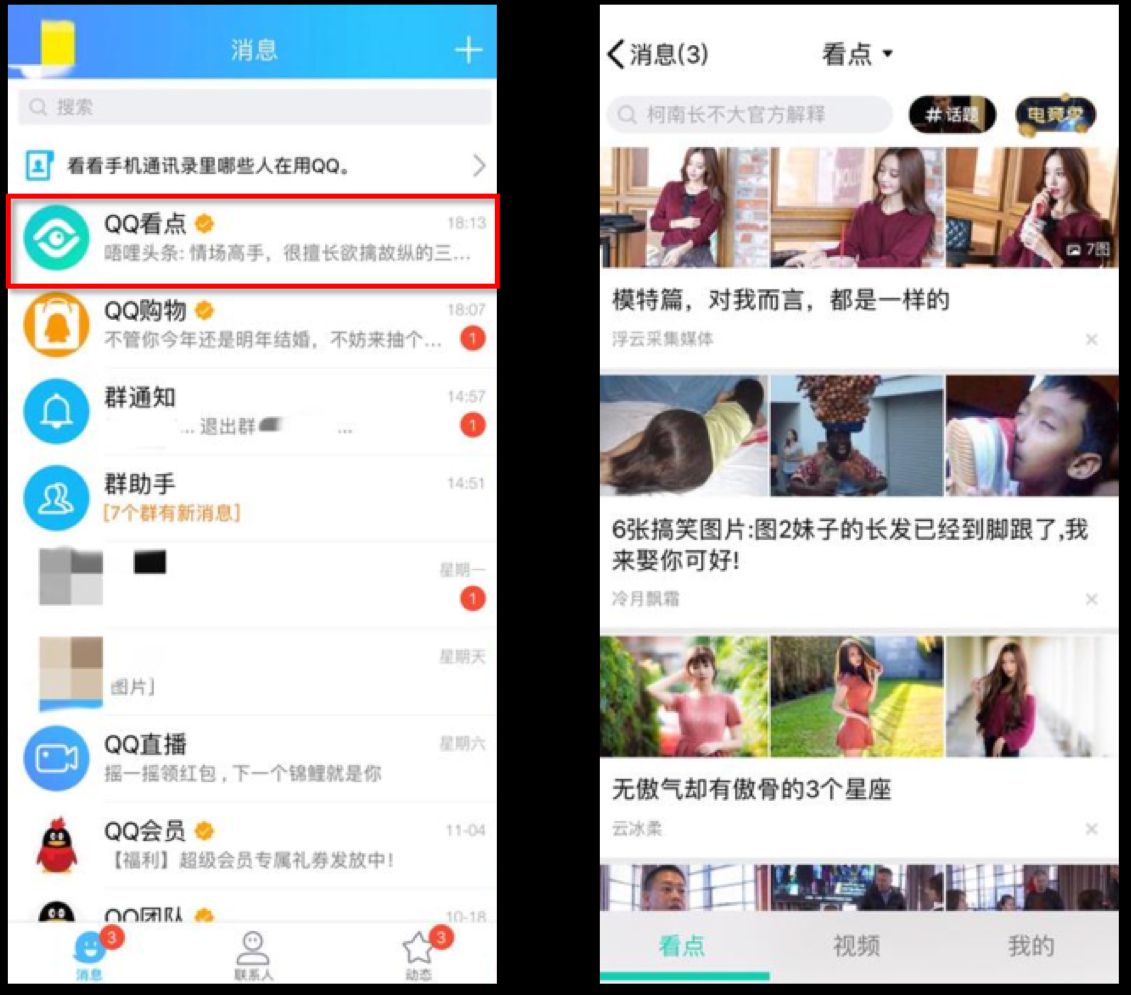
Melihat popularitas platform tersebut di kalangan pengguna yang lebih muda, Tencent telah menambahkan fitur yang ditujukan langsung untuk audiens ini. Beberapa fitur ini termasuk umpan berita yang berfokus pada hiburan Kandian dan layanan streaming langsung E-sports NOW Live.
Akan tetapi, audiens terbesar QQ adalah mereka yang menggunakannya sebagai layanan pesan internal kantor. Untuk pengiriman pesan berbasis desktop di tempat kerja, QQ tetap menjadi alat yang populer. Setiap aplikasi perpesanan Cina memiliki kekhasannya sendiri, untuk QQ, ini adalah aplikasi perpesanan desktop yang sangat hebat.
Meskipun versi desktop WeChat telah mengambil alih sebagian pangsa pasar QQ di tempat kerja, banyak orang di China masih menggunakannya untuk mengobrol di tempat kerja dan untuk mentransfer berkas. QQ memungkinkan pengguna untuk mentransfer file dengan ukuran lebih dari 25 MB, yang tidak diizinkan oleh WeChat.
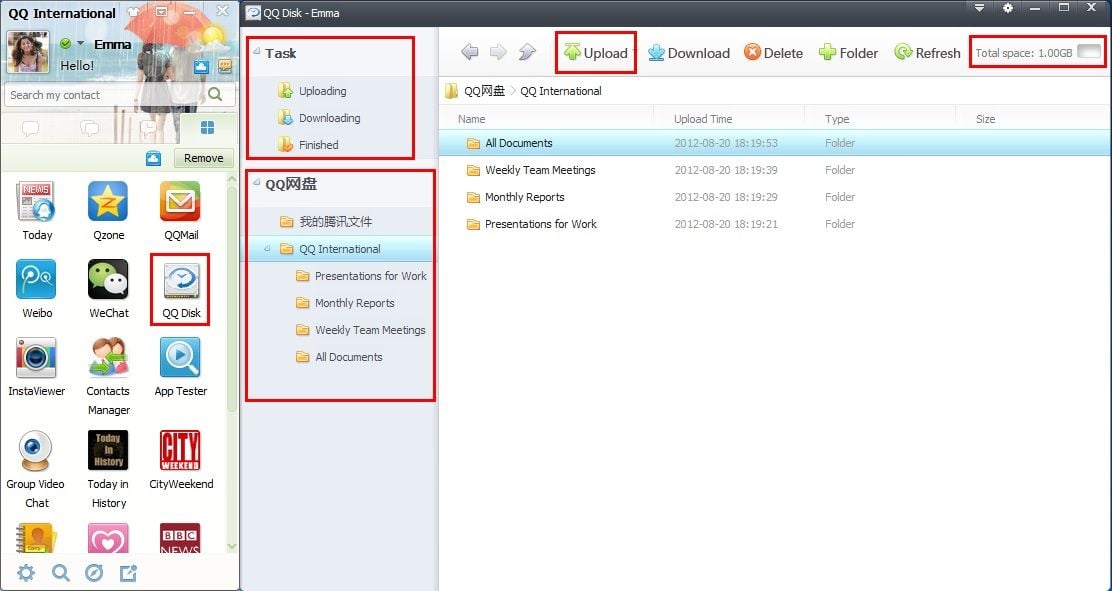
Namun, masa depan QQ tetap berada di tangan generasi muda. Tencent telah menyadari hal ini dan berencana untuk terus menambahkan fitur untuk meningkatkan waktu rata-rata yang dihabiskan per pengguna di platform. Pada tahun 2018, 60% pengguna platform tersebut lahir setelah tahun 1990 dan 40% pengguna mengidentifikasi diri sebagai pelajar.
Ubah percakapan pelanggan menjadi pertumbuhan bisnis dengan respond.io. ✨
Kelola panggilan, obrolan, dan email di satu tempat!
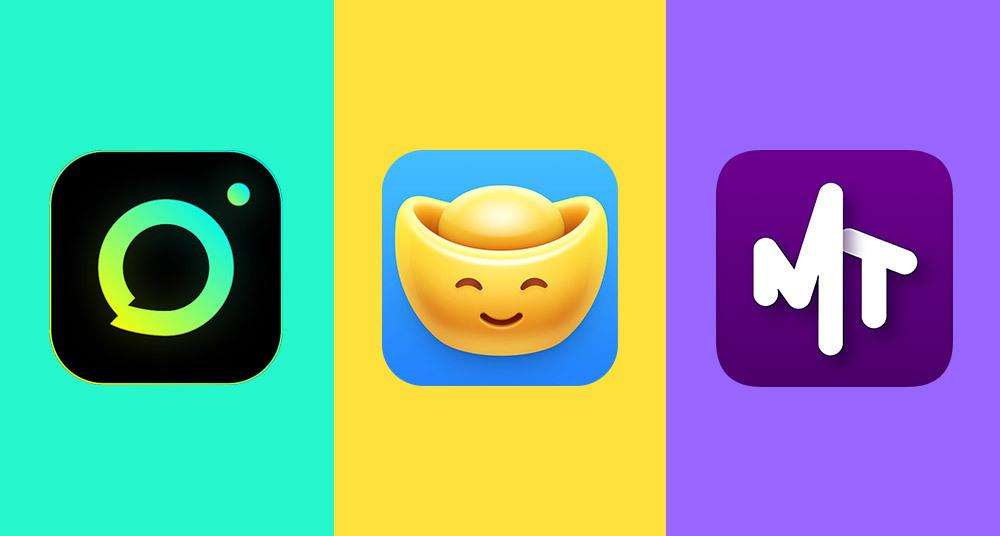
Pada bulan Januari 2019, 3 perusahaan berbeda meluncurkan aplikasi pengirim pesan berbahasa Mandarin mereka sendiri dengan harapan dapat bersaing untuk mendapatkan pangsa pasar di pasar pengirim pesan berbahasa Mandarin yang didominasi Tencent.
Pertama, ada Toilet yang diberi nama lucu. Nama toilet berasal dari lagu populer karya Andy Lau. Lagu tersebut menyatakan bahwa toilet adalah sesuatu yang dimiliki setiap orang, yang membantu membuang masalah sehingga menjadikan setiap toilet sebagai teman.
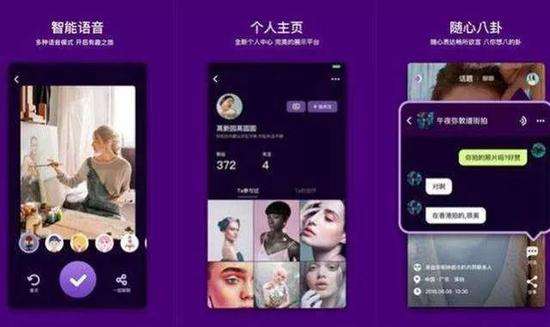
Toilet adalah Aplikasi Perpesanan Cina yang berfokus pada privasi dan mengklaim sebagai anti-WeChat. Aplikasi ini sepenuhnya anonim, menggunakan ID dinamis untuk menjaga anonimitas pengguna. Aplikasi ini tidak menawarkan fitur yang berlebihan yang patut disebutkan, tetapi telah menjadi cukup populer di kalangan pengguna di Tiongkok yang menghargai privasi mereka.

Meskipun mungkin populer, tampaknya alternatif WeChat ini tidak akan mampu memiliki model monetisasi yang cukup kuat untuk menantang WeChat. Aplikasi ini telah mengalami peningkatan basis pengguna tetapi tampaknya tidak memiliki potensi untuk dimonetisasi yang kemungkinan akan menghambat pertumbuhannya di masa mendatang.
Berikutnya adalah Duoshan (yang berarti “Banyak Flash”), layanan pesan yang dibuat oleh raksasa teknologi terbaru Tiongkok, Bytedance. Aplikasi ini pada dasarnya merupakan perluasan dari kesuksesan besar Bytedance, Douyin atau dalam bahasa Inggris TikTok. Aplikasi ini berfokus untuk memungkinkan pengguna Douyin berjejaring dan berkomunikasi satu sama lain.
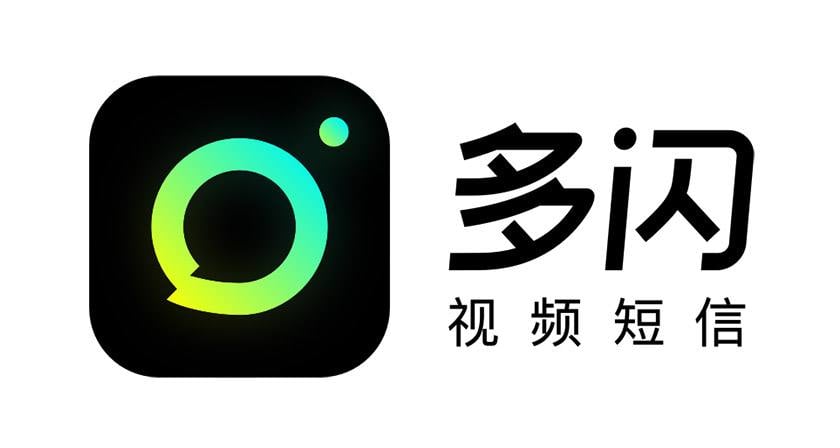
Aplikasi ini menyerupai Snapchat dalam banyak hal, yang memungkinkan pengguna mengirim video satu sama lain yang kemudian akan terhapus sendiri setelah jangka waktu tertentu. Dideskripsikan oleh orang dalam Toutiao sebagai aplikasi yang menggabungkan kerangka kerja "Snapchat dengan fungsi GIF Instagram dan messenger, ditambah detak jantung Apple Watch.” Deskripsi ini sebenarnya tidak begitu masuk akal bagi saya, tetapi seperti yang telah kita lihat, deskripsi ini paling mirip dengan Snapchat.
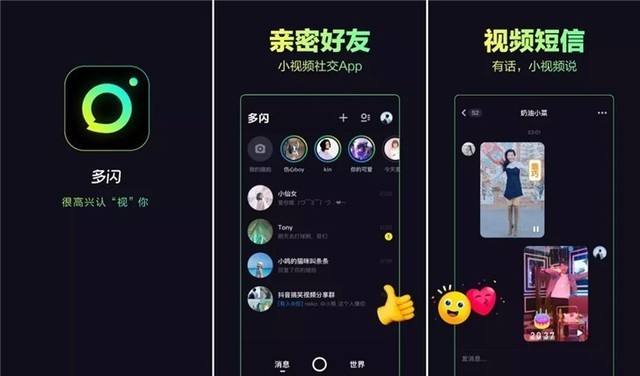
Dengan dukungan Douyin dan popularitasnya yang semakin meningkat, perusahaan ini dapat menjadi pesaing kuat untuk menjadi pemain di pasar Chinese Messenger. Karena menargetkan audiens yang sama dengan QQ, aplikasi ini berpotensi untuk naik ke peringkat kedua aplikasi messenger di Cina.
Aplikasi terakhir diprediksi akan sukses besar tahun lalu, tetapi tidak mampu memenuhi ekspektasi. Dibuat oleh Kuairu Technology, Bullet Messenger mampu memperoleh lebih dari 4 juta pengguna hanya 9 hari setelah peluncurannya. Popularitas awalnya bermula dari antarmuka minimalis dan fungsi ucapan ke teks untuk pengiriman pesan.
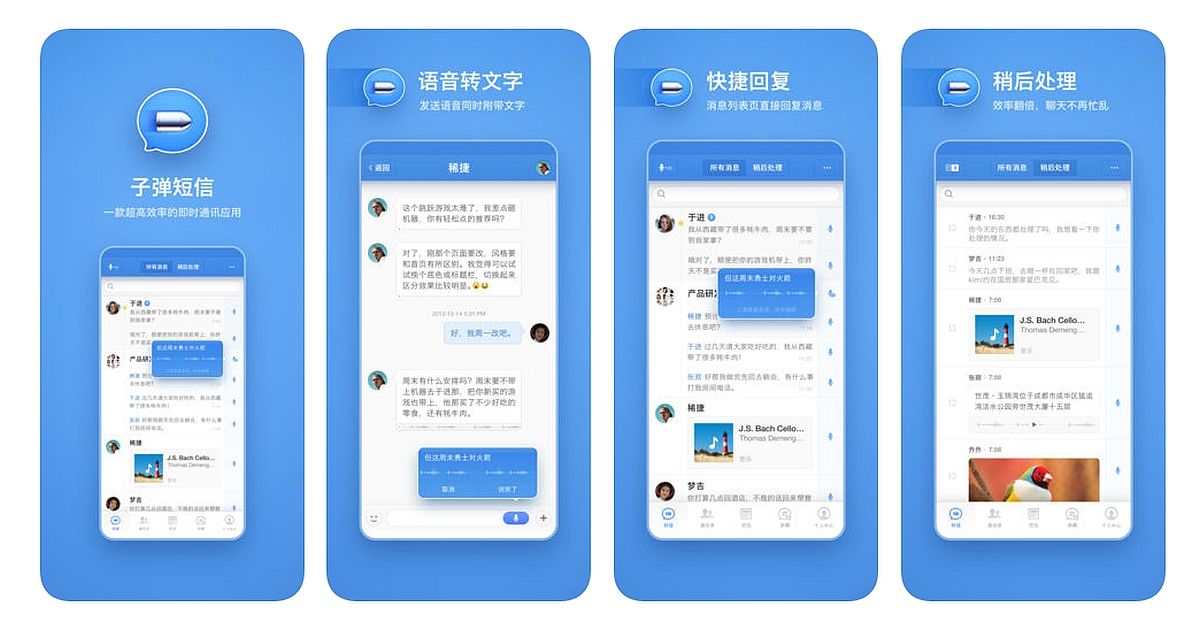
Meskipun peluncurannya sangat sukses, namun tidak mampu mengimbangi kecepatannya, dengan hanya 14% pengguna yang bertahan di platform tersebut seminggu setelah mengunduhnya.
Aplikasi ini diluncurkan kembali pada Januari 2019 sebagai LiaoTianBao (Harta Karun Obrolan). Aplikasi ini jelas mengalihkan fokusnya dan sekarang menyediakan insentif uang tunai dan mata uang virtual bagi pengguna yang melakukan tindakan tertentu di platform.
Aplikasi ini jelas ditujukan kepada kota-kota kelas bawah di Tiongkok, bahkan bermitra dengan platform pembelian grup paling populer di Tiongkok, PinDuoDuo.
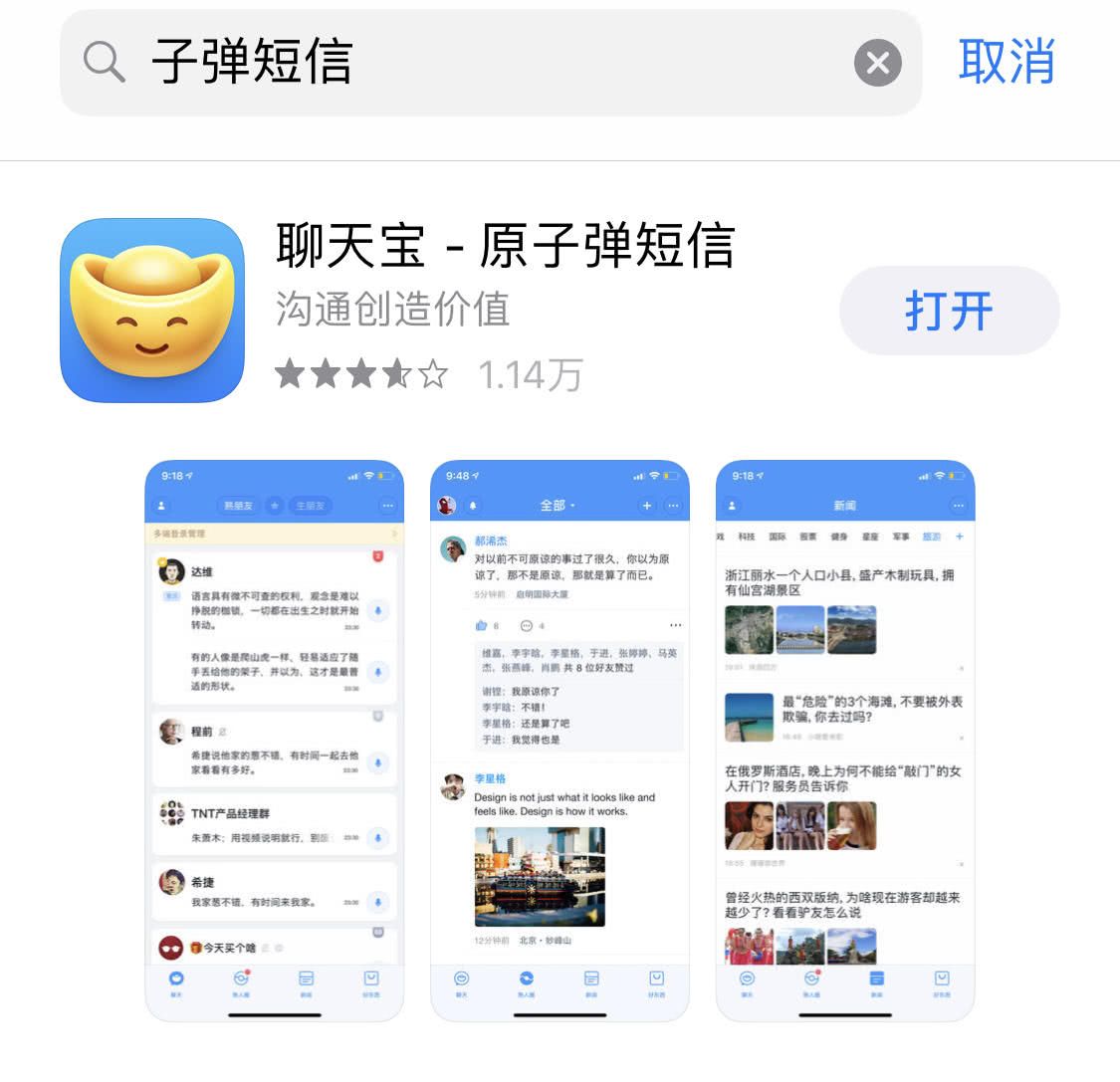
Namun, jika Anda perlu membayar pengguna agar benar-benar terlibat dengan platform Anda, kemungkinan besar itu bukan sesuatu yang benar-benar diinginkan pengguna. Bagi saya pribadi, insentif tunai ini menunjukkan rasa putus asa, yang artinya aplikasi ini sepertinya tidak lagi menjadi pesaing serius untuk merebut gelar Aplikasi Perpesanan Cina #1.
Tidak diragukan lagi bahwa WeChat adalah layanan pesan instan China yang akan Anda gunakan. WeChat begitu melekat dalam kehidupan sehari-hari sehingga Anda akan sangat terganggu jika tidak menggunakannya saat bepergian di China atau bertransaksi dengan calon mitra bisnis China.
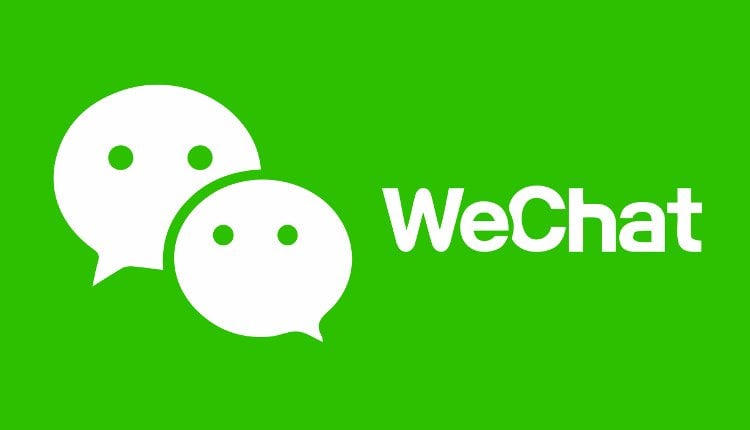
Untuk hampir setiap situasi selain mentransfer file besar, Anda akan menggunakan WeChat di China jadi biasakanlah jika Anda berencana berbisnis di negara tersebut.
Bagi para pemasar di luar sana yang ingin memasukkan aplikasi messenger ke dalam strategi pemasaran Anda, platform mana yang Anda pilih akan bergantung pada target audiens Anda. Bagi sebagian besar bisnis, jawabannya kemungkinan besar adalah WeChat, namun, jika Anda ingin menargetkan demografi yang lebih muda, QQ dan DuoShan juga dapat menawarkan hasil!
Ubah percakapan pelanggan menjadi pertumbuhan bisnis dengan respond.io. ✨
Kelola panggilan, obrolan, dan email di satu tempat!
Jika Anda menganggap artikel ini menarik, Anda mungkin juga menyukai Panduan Utama Menggunakan WeChat untuk Bisnis.
Tony DeGennaro adalah pakar Media Sosial Tiongkok. Tony adalah seorang pemasar yang bersemangat dengan minat pada media sosial, analisis pemasaran, dan pengoptimalan mesin pencari. Ia mengkhususkan diri dalam Media Sosial dan Periklanan Tiongkok. Setelah mendapatkan gelar MBA dengan konsentrasi Pemasaran di CUHK, ia menjadi salah satu mitra pendiri Dragon Social di Hong Kong.

Bisnis tidak dapat mengirim pesan WhatsApp setelah 24 jam kecuali mereka menggunakan Templat Pesan WhatsApp. Pelajari cara memformat dan mengirim pesan templat beserta contohnya.